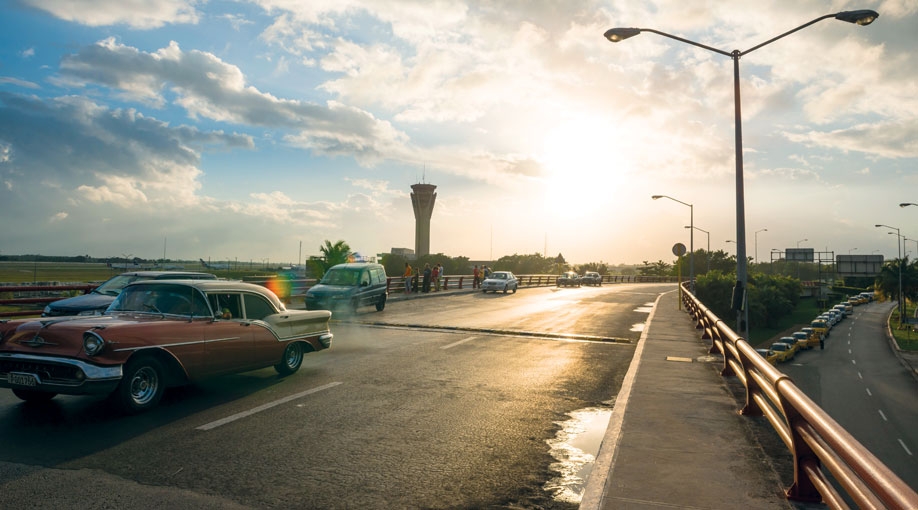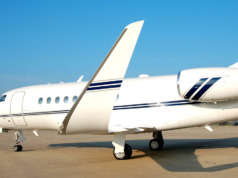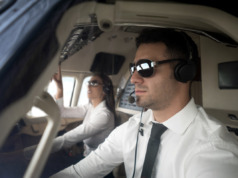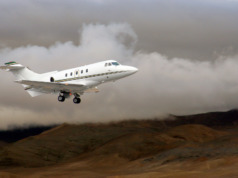
As U.S. sanctions against Cuba continue to ease, an increasing number of U.S. corporations and citizens are looking to travel there. Eleven million Cuban citizens represent a tremendous pent-up demand for products and services unavailable to them for more than 55 years. As recently as 2014, the Cuban government published the Portfolio of Opportunities for Foreign Investment, which described more than 240 projects requiring a total of more than $8 billion in outside investments.
What do you need to know before you go?
While the majority of sanctions under the Cuban Assets Control Regulations (CACR) remain, you now are permitted to fly your Federal Aviation Regulation (FAR) Part 91 “N” registered aircraft to Cuba and pay landing and other fees without applying for specific licenses, if your passengers are authorized travelers. An application for a general license (required for travelers) can be found on the U.S. Department of the Treasury website.
While tourist travel to Cuba still is not permitted, non-tourist travel is allowed for twelve reasons:
- Family visits
- Official business of the U.S. government, foreign governments, and certain intergovernmental organizations
- Journalistic activity
- Professional research and professional meetings
- Educational activities
- Religious activities
- Public performances, clinics, workshops, athletic and other competitions, and exhibitions
- Support for the Cuban people
- Humanitarian projects
- Activities of private foundations or research or educational institutes
- Exportation, importation, or transmission of information or informational materials, and
- Certain export transactions that may be considered for authorization under existing Department of Commerce regulations and guidelines with respect to Cuba or engaged in by U.S.-owned or -controlled foreign firms.
For any other travel purposes, U.S. citizens can apply for a specific license. The application is on the website of the U.S. Department of the Treasury Office of Foreign Asset Control (OFAC).
U.S. registered aircraft operators seeking to provide charter transportation to Cuba (under FAR Parts 135 or 121) can gain authorization from OFAC under Section 515.572 of the CACR, which defines the rules under which U.S. operators can “provide carrier services to, from, or within Cuba, in connection with travel and transportation of individuals between the United States and Cuba, directly or indirectly.” Those charter operators must retain, for at least five years from the date of the transaction, a certification from each customer indicating the section of the CACR, or the specific license, that authorizes that individual to travel to Cuba.
With respect to aviation insurance coverage for aircraft operators transporting passengers to Cuba, Section 515.533 of the CACR authorizes transactions incidental to approved travel, such as incidental aircraft repairs required while in Cuba. Provided that Cuba is included in its policy coverage territory, a U.S. aviation insurer is allowed to make payment to Cuban nationals for the repairs. The insurer first must verify with OFAC that all necessary approvals have been obtained, and that the trip falls within the scope of permission. Some insurers may require copies of the passengers’ certifications or other additional documentation, for their own records, prior to departure.
Failure to adhere to U.S. sanctions against Cuba could result in civil fines of $65,000 or twice the value of the underlying transaction, whichever is greater. Intentional violations could lead to additional criminal penalties.
Be certain to discuss your own insurer’s requirements, and confirm your coverage territory with your insurance broker prior to departure to Cuba. It’s also wise to discuss the trip with your legal advisors, since the laws concerning monetary transactions, length of stay, activities permitted within Cuba, and other travel-related matters are quite complex, and can change with little notice. BAA
Ed Wagner, Aviation Broker Team Manager in Marsh USA’s Chicago aviation department, has more than 20 years’ experience in all areas of aviation insurance, currently focusing on general aviation and aviation product manufacturer insurance programs.




